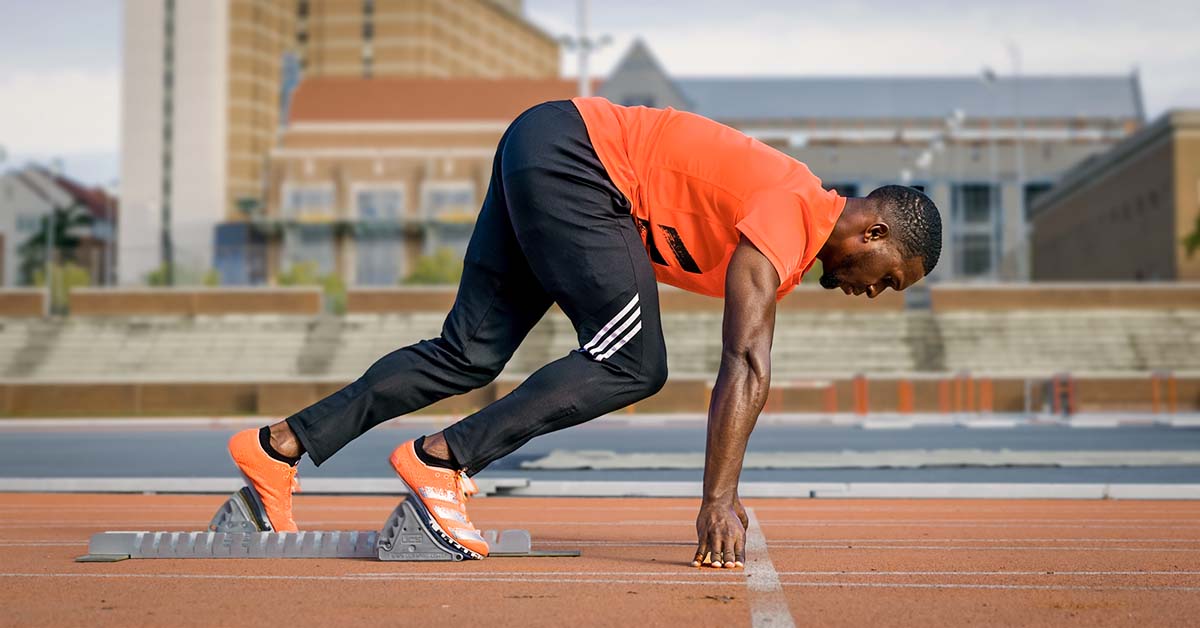
Sleep isn’t a performance-enhancing drug, but it’s probably the closest thing to it. Just like PEDs aim to boost hormones like testosterone and growth hormone, sleep naturally does the same thing.
From a physiological standpoint, you don’t get faster while you’re sprinting, and you don’t build strength when you’re lifting. Those training sessions on the track or in the gym are only the spark—the real growth happens when you’re recovering.
And no recovery tool out there beats sleep.
It’s not some expensive gadget or the latest biohacking trend—it’s the most accessible, fundamental way to recover.
Sure, there are countless other techniques out there, but none of them have the game-changing power that sleep does.
The research is clear: if you want to unlock your full athletic potential, you have to focus on improving sleep.
Let’s break down the real ways sleep can make you perform better.
Muscle Mass, Strength, and Recovery
Testosterone and growth hormones are the big hitters regarding performance and recovery. And sleep is hands down the most powerful way to maximize the body's natural levels of these hormones.
Research backs this up. For example, one study showed that testosterone levels jumped by 65% during sleep, from 15.3 nmol/L to 25.3 nmol/L [1].
And other research has shown that testosterone levels continue to rise up until ~10 hours of sleep [2]. maxing out after around 9.9 hours of solid rest.
On the other hand, if you cut your sleep short, you’re throwing your body off. In one study, just a week of 5 hours of sleep per night caused a 10-15% drop in testosterone levels during the day [3].
And it’s not just testosterone—growth hormone drops by almost half when you don’t get enough sleep [4].
In other words, skipping out on sleep is like hitting the brakes on your body’s ability to repair and build muscle.
You can push your limits all you want, but without improving sleep quality, those gains you’re working so hard for just won’t materialize.
Accuracy and Reaction Time
Precision and timing are just as important as strength and speed in sports like track and field. You can be as fast or strong as you want, but if your timing is off, none of it matters.
Studies have shown a clear link between sleep and accuracy.
For example, in tennis, one study found that when athletes increased their sleep from around 7 hours to almost 9 hours a night, their serving accuracy improved by a whopping 41% [5].
It’s not hard to see how that applies to track athletes—whether you’re performing block starts or nailing the penultimate step in the long jump, precision is everything.
On the flip side, just a single night of 5 hours of sleep led to a 53% drop in serving accuracy in the same study [6].
Now imagine competing in a track meet with that kind of hit to your reaction time and precision.
It’s not just a minor setback; it’s the difference between winning and losing.

Injury Prevention
Injuries are the nightmare of any athlete’s career, and not getting enough sleep increases the likelihood of injury—by a lot.
Research has shown that high school athletes who sleep less than 8 hours a night are 70% more likely to get injured compared to those who sleep more than 8 hours [7].
Sleep deprivation has also been linked to a decrease in protein synthesis, which means your muscles can’t repair themselves as effectively [8].
After hard workouts, your body relies on sleep to rebuild muscle fibers, and if you’re not getting a good nights sleep, you’re more likely to get injured during your next workout or competition.
In short, improving sleep doesn’t just help you perform better—it keeps you healthy and on the track.
And by no means is this a definitive list. Hundreds, if not thousands, of articles, show that sleep is absolutely non-negotiable regarding physical and mental performance.
So, if you're convinced of the benefits of improving sleep (which you should be), the next logical question is: how can you maximize it?
Improving Sleep - Foundational Strategies
Let’s start by covering the essentials—things you might already know, but they’re the foundation for improving sleep. It never hurts to go over them again. Once these basics are in place, we’ll get into more advanced strategies to help you improve your sleep even further.
Caffeine Cut-Off
This tip has had an outsized effect on improving my sleep.
Caffeine can stick around in your system much longer than most people realize. Its half-life is about 5 to 6 hours, meaning if you drink a coffee or energy drink at 3 p.m., half of that caffeine is still in your body at 9 p.m.
So, even if you think it’s worn off, it can still be affecting your ability to fall asleep and/or stay in deeper sleep stages.
Try cutting yourself off by noon or early afternoon to give your body time to clear it out before bedtime.
Personally, when I stopped all caffeine after 1 p.m, my Oura ring told me what I'd already felt—I was getting more deep sleep, REM sleep and falling asleep faster.

Consistency is Key
It sounds simple, but going to bed and waking up at the same time every day is one of the best things you can do when it comes to improving sleep. Your body loves routine.
So even small changes (30 mins) to your sleep schedule can throw off your internal clock, making it harder to fall asleep and stay asleep. Stick to a schedule, and your body will know when it’s time to shut down and you'll get higher quality sleep.
The 3-Hour Rule
Eating too close to bedtime doesn’t give your body the time it needs to digest properly, which can mess with your sleep. Late-night meals keep your body busy with digestion when it should be focused on muscle repair and recovery.
A good rule of thumb is to finish your last meal at least three hours before you head to bed. Some people suggest two hours, and that might work for lighter meals, but sticking to three hours gives your body plenty of time to wind down and set you up for a better night’s sleep.
Dim the lights
Light has a massive impact on your physiology and sleep, affecting more than just melatonin. Blue light from screens, in particular, sends signals to your brain that can seriously mess with your body’s internal clock.
Andrew Huberman explains that bright lights at night confuse your brain into thinking it’s still daytime, disrupting melatonin production—the hormone that tells your body to wind down.
But melatonin isn’t the only hormone at play here. Nighttime light exposure can raise cortisol (the stress hormone), lower serotonin (the mood regulator), and even mess with your insulin levels.
It can also interfere with growth hormone production, which is key for muscle recovery, and adrenaline might spike, making it harder to relax.
The best move? Avoid screens at least an hour before bed.
If you're set on watching screens until bedtime at least use blue light blocking glasses help to limit the impact.
If I’m watching a movie after 10 p.m., I’ll wear them, and I’ve noticed a real difference. I shelled out a little extra cash for a pair from Felix Gray and have been happy with them, however there are lower cost options out there.
And here’s a tip people often forget: blasting yourself with bright bathroom lights while brushing your teeth right before bed isn't a good idea. It sends the same “daytime” signal to your brain.
Try dimming the lights or using a night light to keep things relatively dark as you prepare for bed.
The Big 3 Factors in Your Bedroom - Light, Temperature and Sound
Your bedroom has a major impact on how well you sleep, and there are three key factors to control: light, temperature, and sound.
Even a little bit of light can mess with your melatonin production. Get rid of or cover all LED lights from TV's, clocks etc. and make sure no light is coming in from windows. If blackout curtains aren’t an option, try using aluminum foil to cover your windows—it’s not fancy, but it works.
Keep your room cool, around 65°F to maximize your sleep. If you live in a dry climate, a portable swamp cooler is an inexpensive way to achieve this. You can also use a fan to circulate air, choose breathable bedding like cotton or bamboo, and open windows at night to let in cool air before bed. Also, keep your curtains closed during the day to block out heat and sunlight.
Another great way to stay cool is with a mattress pad cooler. I bought a Chili Cube around 6 years ago, and it’s easily one of the best purchases I’ve made. I really notice the difference when I’m staying at a hotel. Highly recommend it—or any of the newer, fancier versions.
Control sound. When you sleep, your eyes may be closed, but your ears are still wide open. An air purifier or a noise machine can be great for blocking out background noise. And if things get really loud, ear putty is a lifesaver—especially in hotels or on planes.
Improving Sleep - Advanced Strategies
Once you’ve got the basics down, you can start adding more advanced techniques to take your sleep—and performance—even further.
Similar to building a sprint training plan, where you first establish a solid foundation before adding more complexity, improving sleep starts with mastering the fundamentals, then layering on advanced strategies for even better results
Warm Up to Cool Down
This is another tip that has had a very positive impact on my sleep quality. It might sound strange, but warming your body before bed can actually help you cool down faster once you’re asleep.
Taking a warm bath, shower or sauna about 30 minutes to an hour before bed raises your core temperature, and when you step out, your body cools down quickly, which helps you fall asleep faster.
Research shows that this cooling effect not only helps you drift off more quickly but also leads to better sleep quality, particularly in the deep sleep phases that athletes need for recovery.
Get Some Morning Sunlight
One of the easiest ways to start improving sleep is by getting natural sunlight first thing in the morning. Early exposure to light helps reset your internal clock and tells your body it’s time to be awake.
Try spending 10-15 minutes outside as soon as you wake up—even if it’s cloudy. If you can’t get outside, sit by a window. Obviously don't look directly at the sun.
This is one of Andrew Huberman's 'top 5 actions' to improve performance and overall health. And again, I can attest that it really works.
Morning Movement
Your body’s cortisol levels naturally spike in the morning to help wake you up, but if that spike happens later in the day, it can mess with your sleep.
Getting moving as soon as you wake up—whether it’s a walk, a few jumping jacks and stretches, or a quick workout—can help regulate your cortisol levels and get your body in the right rhythm for the day. It also sets you up for a better night’s sleep.
Sleep Trackers
Sleep wearables are getting better all the time. After some research, I decided on the Oura ring—not because I’m a tech or gadget expert, but because it does a solid job tracking sleep, HRV (heart rate variability), and oxygen levels.
It’s not as accurate as a full sleep study, but it usually matches how I feel and it has definitely helped with improving sleep.
One thing to keep in mind: sleep trackers can hurt your sleep by making you overthink it.
The first issue is stress or 'sleep score anxiety.' Worrying about your score might actually make it harder to sleep. I’ve read stories of people who became so obsessed and worried about getting a good score that they had to stop using the tracker altogether.
Then there’s the mental side: seeing a low readiness score can mess with your head and make you feel tired, even if you woke up feeling fine.
I’ve found it’s better to wait until later in the day to check mine. There have been mornings when I woke up feeling good, but then seeing a low score made me think, ‘hmm, maybe I am more tired than I thought.’
That feeling would hang over me during my workout, making me second-guess my energy and perhaps using it as an excuse not to push that extra 5%.
It sounds a little weird, but waiting to check my sleep score has stopped a device from influencing how I feel.
Funny enough, if I wake up feeling tired and see a good readiness score, it never seems to have the opposite positive effect either.
Natural, Proven Sleep Supplements
Instead of reaching for over-the-counter sleep aids, which might knock you out but don’t improve sleep quality, let’s take a look at some natural options.
These supplements work with your body and sleep architecture by encouraging deeper, more refreshing rest that helps you recover better and perform stronger the next day.

Magnesium Glycinate
Magnesium plays a critical role in how well you sleep, and magnesium glycinate is one of the best forms to take because it’s easily absorbed by the body.
If you’ve ever found yourself lying in bed with a racing mind, low magnesium could be part of the problem. This mineral helps calm your nervous system by boosting GABA—a neurotransmitter that quiets down brain activity.
Not getting enough magnesium can make falling asleep a struggle, and that’s the last thing you need after an intense training day.
By taking magnesium glycinate about half an hour before bed, you help your body transition into sleep faster, while also giving it what it needs for muscle recovery.
For athletes, it’s like hitting two birds with one stone—better sleep and better recovery.
L-Theanine
L-theanine is an amino acid found in green tea that helps calm the mind without making you feel sluggish.
It’s a good option for those nights when you want to relax, but still stay clear-headed.
L-theanine helps by increasing calming neurotransmitters like GABA and serotonin, which reduce stress and make it easier to fall asleep.
If you’ve had an intense day of training, your body may be tired, but your mind could still be racing. L-theanine helps take the edge off, allowing you to relax naturally.
Pair it with magnesium glycinate for an even stronger calming effect, and you’ll likely notice that falling asleep feels easier.
Glycine
Glycine works a bit differently from other supplements—it helps cool your body down, is key for falling asleep (noticing a trend here). Lowering your core body temperature helps signal to your brain that it’s time to sleep.
Taking glycine before bed helps speed up this process, making it easier to fall asleep and stay asleep.
Plus, glycine supports muscle recovery, which is a win for athletes who are pushing their limits. Like magnesium, you can take it about 30 minutes before bed to get the best results.
Finding the Right Fit for You
Everyone reacts differently to supplements. What works wonders for one person might not do much for another.
For instance, I gave apigenin a shot for a couple of weeks, but it didn’t work for me—I’d wake up halfway through the night and have trouble falling back asleep.
A key to improving sleep with supplements is to experiment and see what works for you.
But remember, supplements aren’t magic bullets. They won’t replace the importance of good habits. They work best when you’ve already built a solid foundation.
Wrapping It Up
Improving sleep is a total game-changer. When you dial it in, everything else starts to fall into place—your recovery improves, your focus sharpens, and your performance gets stronger.
Whether you’re trying out natural supplements or adjusting your bedtime habits, it’s about finding what suits you best. There’s no one-size-fits-all answer, but through trial and error, you’ll figure out what gives you the most benefit.
Nail down the basics first, and use advanced strategies and supplements to take your sleep to the next level.
TLDR; Sleep Tips Summary
- Caffeine Cut-Off: Stop drinking caffeine by noon or early afternoon to make sure it’s out of your system by bedtime.
- Stick to a Schedule: Goto bed and wake up at the same time every day.
- The 3-Hour Rule: Finish eating 3 hours before bed so your body can focus on sleep instead of digestion.
- Reduce Light at Night: Avoid screens and bright lights before bed. Use blue light glasses if needed, and keep the lights dim, especially in the bathroom.
- Control Light, Temperature and Sound in the Bedroom: Keep your room cool (around 65°F), dark, and quiet for the best sleep.
- Heat up to Cool Down: Once you have the basics of improving sleep down, try more advanced strategies like taking a warm bath before bed to help your body cool down and fall asleep faster.
- Morning Sunlight: Get outside in the morning for 10-15 minutes to help set your internal clock.
- Move in the Morning: Do some light activity when you wake up to boost your energy and improve your sleep later.
- Sleep Trackers: They can help but don’t let the numbers control how you feel.
- Natural Supplements: Magnesium glycinate, L-theanine, and glycine can help you relax and get better sleep.
Sources
- Leproult, R., & Van Cauter, E. (2011). Role of sleep in the regulation of endocrine function and metabolism. Journal of Clinical Endocrinology & Metabolism, 96(8), 233-243.
- Schmid, S. M., Hallschmid, M., Jauch-Chara, K., Wilms, B., Benedict, C., & Born, J. (2015). Sleep timing, sleep duration, and testosterone levels in young men. Journal of the American Medical Directors Association, 16(9), 689-695.
- Leproult, R., & Van Cauter, E. (2011). Sleep loss results in an acute reduction of testosterone levels in healthy young men. JAMA, 305(21), 2173-2174.
- Mullington, J. M., Haack, M., Toth, M., Serrador, J. M., & Meier-Ewert, H. K. (2009). Cardiovascular, inflammatory, and metabolic consequences of sleep deprivation. Progress in Cardiovascular Diseases, 51(4), 294-302.
- Schwartz, J., Simon, R., & Taylor, J. (2016). Sleep and athletic performance: Effects of sleep deprivation on reaction time, accuracy, and endurance. Physiology & Behavior, 165, 180-186.
- Walker, M. P., & Stickgold, R. (2004). Sleep-dependent learning and memory consolidation. Neuron, 44(1), 121-133.
- Milewski, M. D., Skaggs, D. L., Bishop, G. A., Pace, J. L., Ibrahim, D. A., Wren, T. A., & Barzdukas, A. (2014). Chronic lack of sleep is associated with increased sports injuries in adolescent athletes. Journal of Pediatric Orthopaedics, 34(2), 129-133.
- Deldicque, L., & Francaux, M. (2015). Sleep deprivation impairs muscle recovery: Protein synthesis implications. Journal of Applied Physiology, 119(3), 342-348.

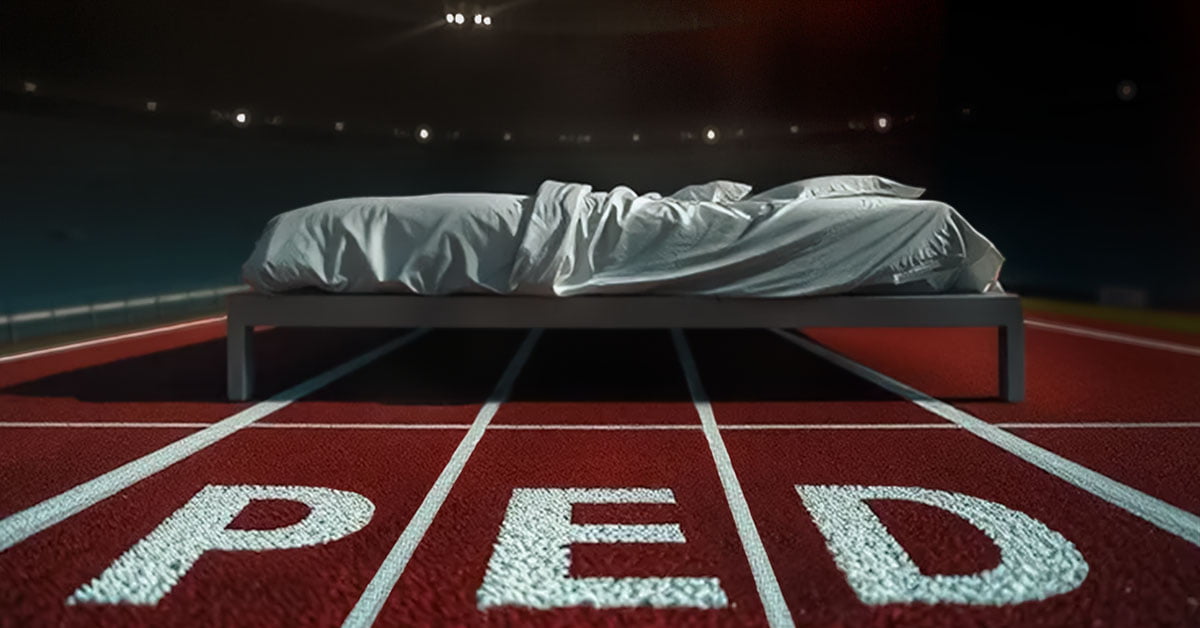
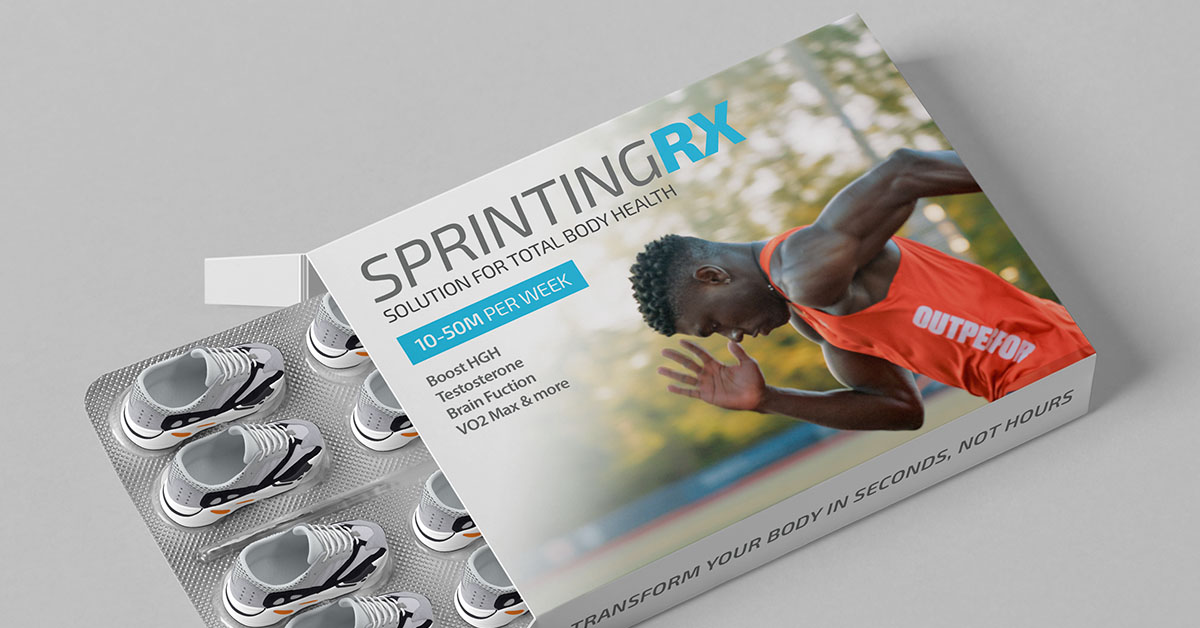
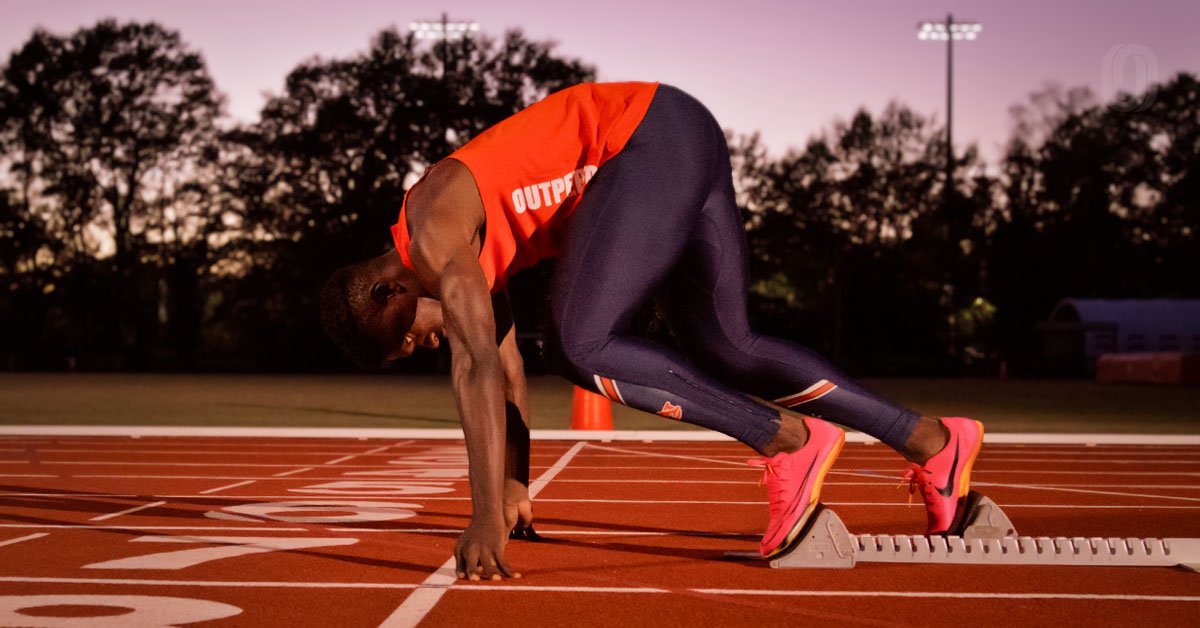

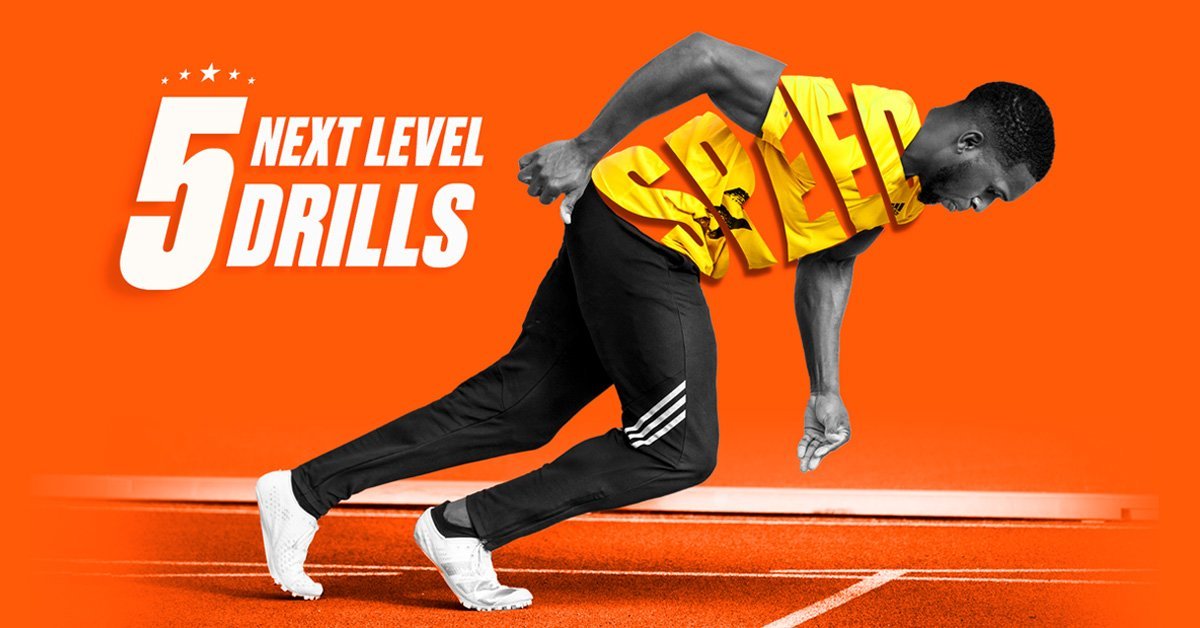
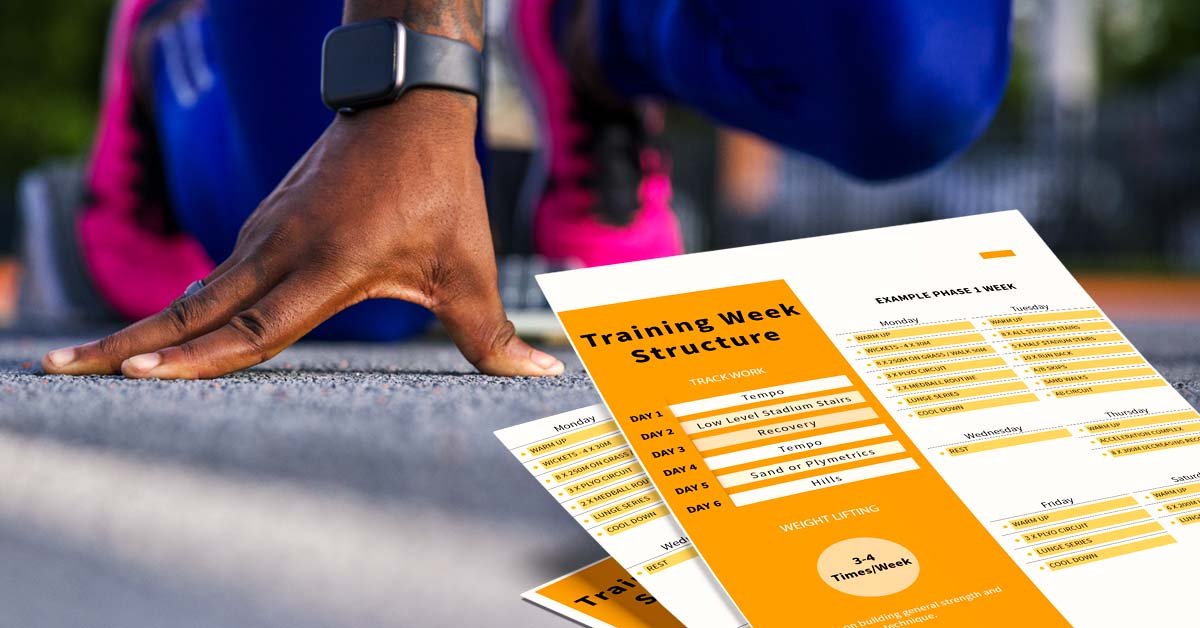
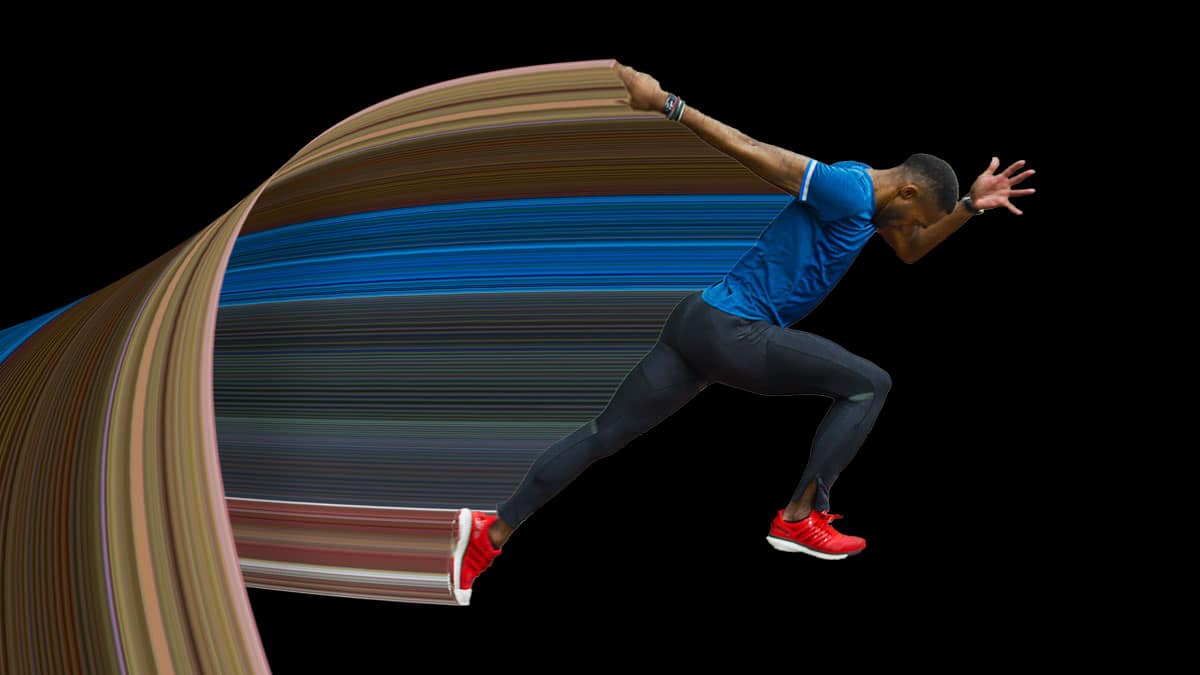
Fantastic writeup, probably the most complete guide I've seen on sleep. Question, what about epsom salt baths vs the shower or sauna? thank you
Thanks Tim. Good question, epsom salt baths are a great option, they accomplish the same thing as saunas, warm shower. Plus you get the added benefit of magnesium absorption through the skin. Big fan.